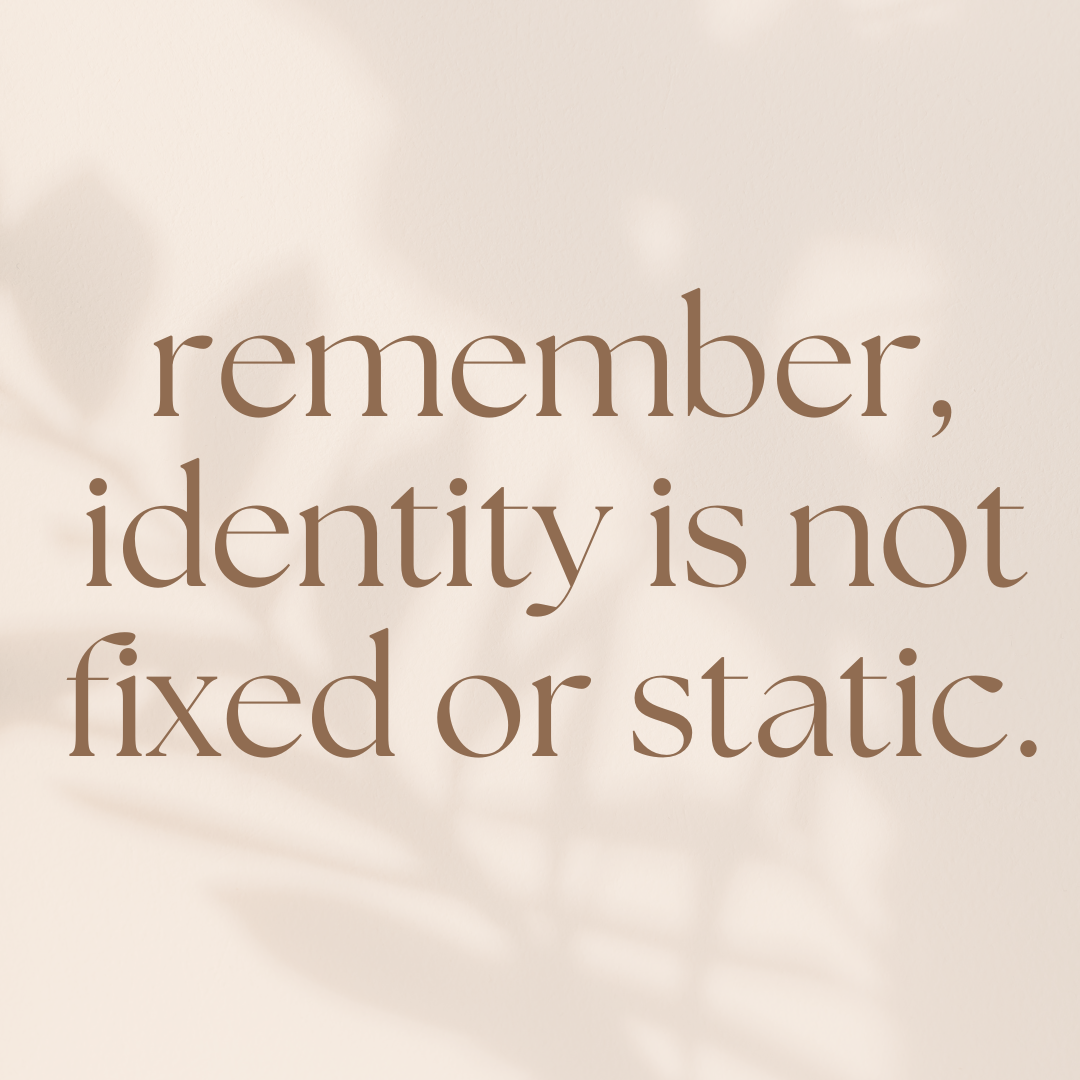Embarking on the journey of life, we often find ourselves facing periods of profound change and transition that challenge our sense of self and identity. Whether it’s a career shift, a relationship breakup, a move to a new city, or a personal loss, navigating these transitions can trigger an identity crisis—a period of questioning who we are, what we value, and where we belong. Let’s explore the nature of identity crises, common triggers, and strategies for rediscovering and reaffirming your sense of self amidst life’s changes.
An identity crisis is a psychological phenomenon characterized by feelings of confusion, doubt, and uncertainty about one’s self-concept and identity. Identity crises can be triggered by a myriad of life events and transitions, each serving as a catalyst for introspection and self-exploration. These transitions can include:
- Career changes or job loss
- Relationship breakup or divorce
- Moving to a new city or country
- Retirement or empty nest syndrome
- Health crises or chronic illness
- Loss of a loved one
- Existential questioning and spiritual exploration
While experiences vary from person to person, common signs of an identity crisis include feeling lost, disconnected, or adrift; questioning long-held beliefs and values; struggling to make decisions or set goals; and feeling a sense of emptiness or lack of purpose.
Navigating an identity crisis amidst life’s changes and transitions is a journey fraught with challenges and opportunities. Here are some strategies to help you through this process:
- Reflect on Your Core Values, Beliefs, and Aspirations: Take time to identify what matters most to you. What brings you joy and fulfillment? Reconnecting with your values can provide a compass to guide you through life’s uncertainties.
- Embrace Change as an Opportunity: View life transitions as opportunities for growth and self-discovery rather than threats to your identity. Embrace the journey of exploration and adaptation, knowing that change is an essential part of the human experience.
- Cultivate Self-Compassion: Be kind and compassionate toward yourself during times of uncertainty and self-doubt. Acknowledge that it’s normal to feel lost or confused during life transitions, and remind yourself that you are worthy of love and acceptance.
- Seek Support: Reach out to friends, family members, or a trusted therapist for support and guidance during times of transition. Sharing your thoughts and feelings with others can provide validation, perspective, and encouragement.
- Practice Mindfulness: Stay present and grounded in the moment, rather than dwelling on past regrets or future uncertainties. Mindfulness practices can help cultivate a sense of peace, clarity, and acceptance amidst life’s changes.
- Explore New Passions and Interests: Use periods of transition as an opportunity to explore new hobbies and activities. Engaging in activities that bring you joy and fulfillment can reignite your sense of purpose and identity.
- Set Realistic Goals and Expectations: Break larger goals into smaller, achievable steps, and celebrate progress along the way. Remember that growth takes time and patience.
- Embrace Your Authentic Self: Embrace the person you are beneath the labels, roles, and expectations imposed by society or others. Trust in your intuition and inner wisdom, and honor your unique journey of self-discovery.
By reflecting on your values, embracing change, cultivating self-compassion, seeking support, exploring new passions, practicing mindfulness, setting realistic goals, and embracing your authentic self, you can rediscover yourself with grace and resilience. Remember, identity is not fixed or static—it’s a fluid and evolving expression of your unique essence. Embrace the adventure of self-discovery, and trust in the wisdom of your unfolding journey.
